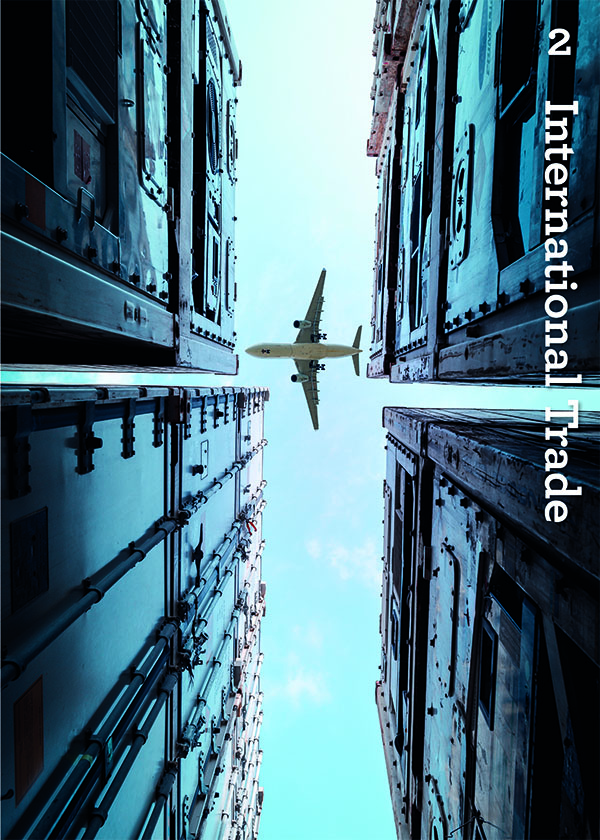
Now, as always, there are extraordinary opportunities for the taking. However, navigating the path will depend on having access to reliable information and keeping connected to networks that assist with sound decision making. The network Chamber members have is one of 15,000 Chambers around the world with 45 million businesses waiting for you to connect with them.
New Zealand is a vibrant, trade dependent economy. Our success is built on a history of innovative businesses exporting niche products, services, and solutions from every sector to every market around the globe.
New Zealand’s top four trade partners – China, Australia, United States and Japan – account for 53 percent of New Zealand’s global total trade in goods and services.
The ability for our international trade sector to continue to show positive results will certainly remain under pressure.
As a supporter of free and open trade New Zealand has one of the most open market economies. By contrast most other countries exercise controls at their border for revenue collection (duties), to regulate volume of imports or to protect local producers (quotas) and to ensure compliance with domestic product safety regulations (product registration). Through Free Trade Agreements (FTAs) New Zealand enjoys an advantage in respect of duty rates and some mutual recognition of standards in partner countries. However, quota allocations remain limiting for the primary sector.
On 1 January 2022 the Regional Comprehensive Economic Partnership (RCEP) came into force. Whilst much of the benefit of New Zealand’s newest FTA will lie in the future, RCEP does facilitate reduced duties for New Zealand’s exporters trading across its existing Free Trade Agreements with ASEAN, Australia, China, Japan and the Republic of Korea.
Free Trade benefits agreed with the UK and EU will open New Zealand to preferential access and provide exporters with the potential to substantially increase the current nominal market share.
Product registration procedures in import markets are unfamiliar territory for many exporters more used to New Zealand’s consumer law control of product safety. Making a quick trip to ‘sort things out’ in person is always best. Allow extra time and resources to complete registration. When travel is not an option, call on support from New Zealand’s local trade representatives.
This is an extract of the chapter. You can buy a print copy of the handbook here or a digital copy here

